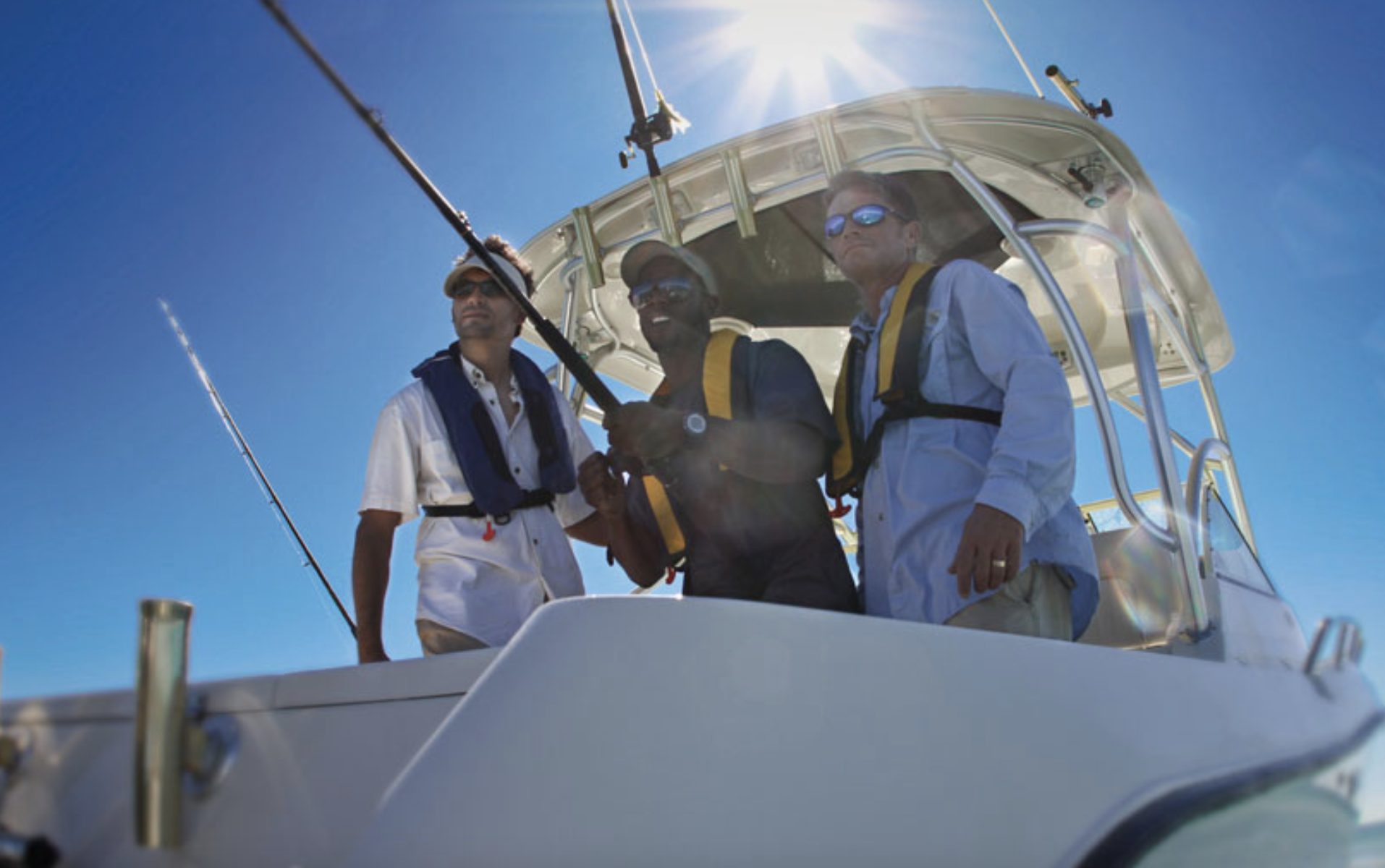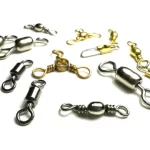Staying safe during deep sea fishing adventures is paramount, especially when venturing into offshore waters for prized catches like marlin or tuna. If you’re new to deep sea or offshore fishing, it’s wise to consider going with a licensed captain or an experienced deep sea fishing expert who can provide guidance and ensure a safe experience.
Prioritizing safety is essential for all boaters and anglers. Offshore fishing presents thrilling challenges due to the formidable size and strength of deep sea sport fish species. However, it also requires preparedness for potentially extreme conditions.
Whether you’re embarking on a deep sea charter boat or operating your own vessel offshore, adhering to safety protocols is crucial. It’s important to follow the instructions of your captain and share safety regulations and tips with your passengers, ensuring that everyone aboard is well-prepared for a safe and enjoyable fishing excursion.

Here are some key deep sea fishing safety tips to keep in mind:
- Stay updated on weather conditions: Offshore weather can change rapidly, so regularly monitor weather updates via marine radio or satellite data to stay informed and alert.
- File a float plan: Provide a float plan to a marina or trusted family member detailing your trip, which can assist the U.S. Coast Guard in case of emergencies.
- Familiarize with safety equipment: Ensure everyone aboard knows the location and usage of safety equipment, including life jackets, first aid kits, and communication devices.
- Check and maintain safety gear: Regularly inspect and maintain all safety equipment, such as life jackets, flashlights, flares, fire extinguishers, VHF radios, and EPIRBs (Emergency Position Indicating Radio Beacons).
- Prepare for offshore conditions: Dress appropriately for offshore conditions, including wearing suitable footwear, protective clothing, and carrying extra layers for warmth.
- Secure fishing gear: Safely stow fishing gear and tackle in locked compartments or below deck while the boat is in motion, avoiding potential hazards.
- Pack extra supplies: Carry additional provisions like food and water in case of unexpected delays or extended time at sea.
- Learn proper equipment usage: Familiarize yourself with the correct usage of fishing gear and tackle to prevent accidents or injuries, such as using fishing gloves when handling fishing lines with fish on.
These tips offer a glimpse into deep sea fishing safety practices, but it’s advisable to undergo a U.S. Coast Guard recognized boating safety course or request a vessel safety check to ensure compliance with all safety guidelines and equipment requirements. By prioritizing safety, anglers can enjoy memorable and secure deep sea fishing experiences.
Image/Source: TakeMeFishing





